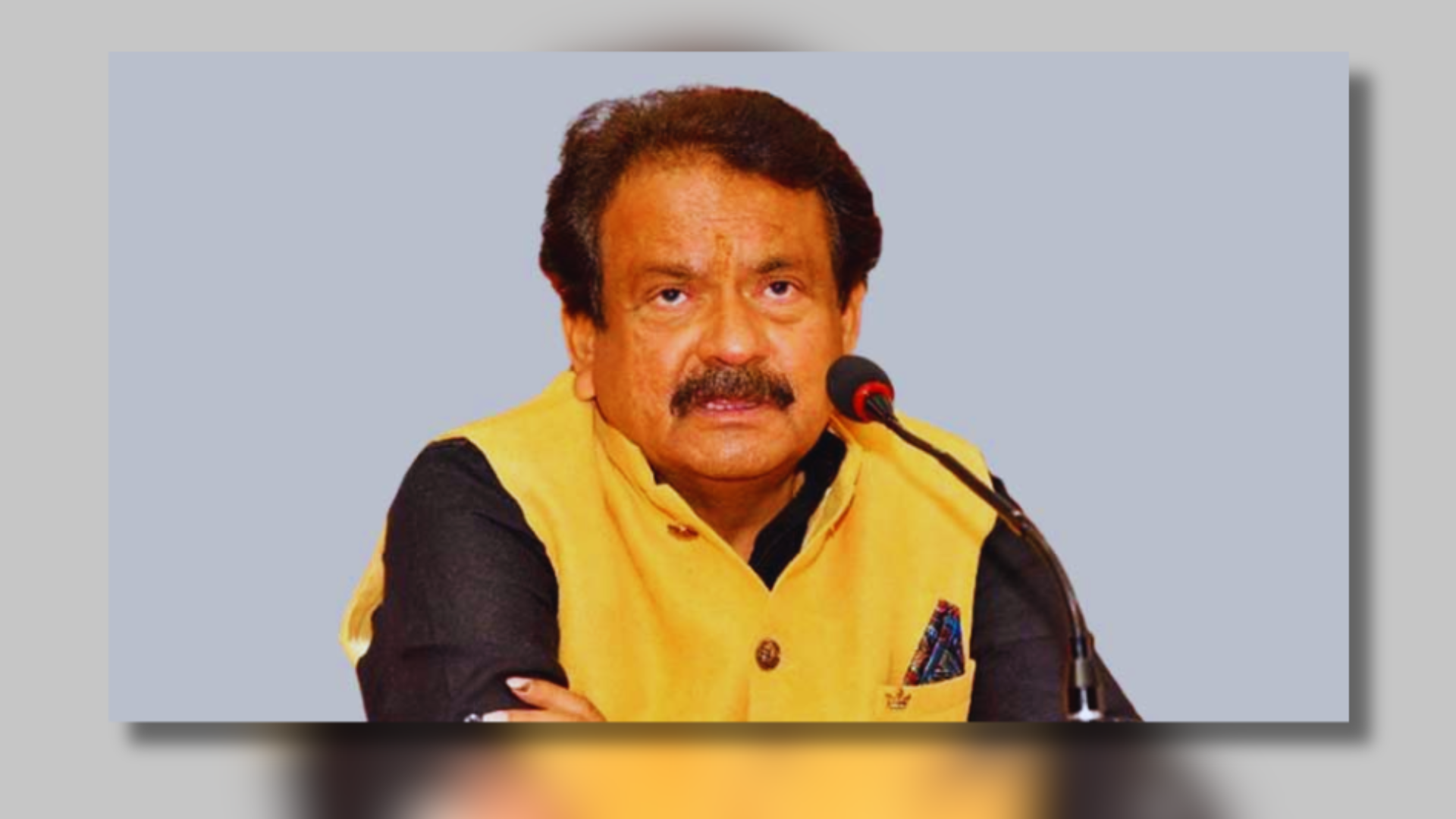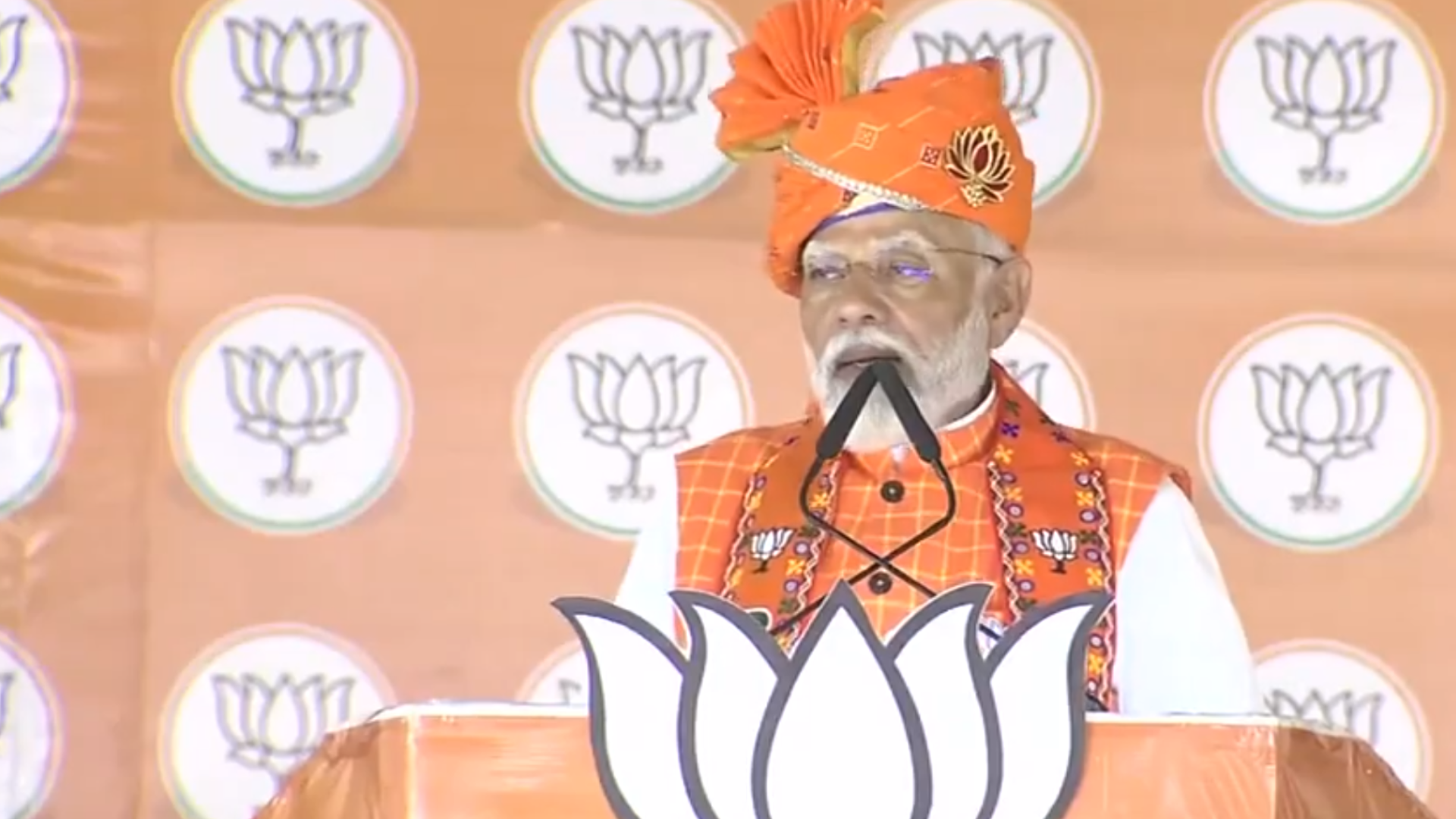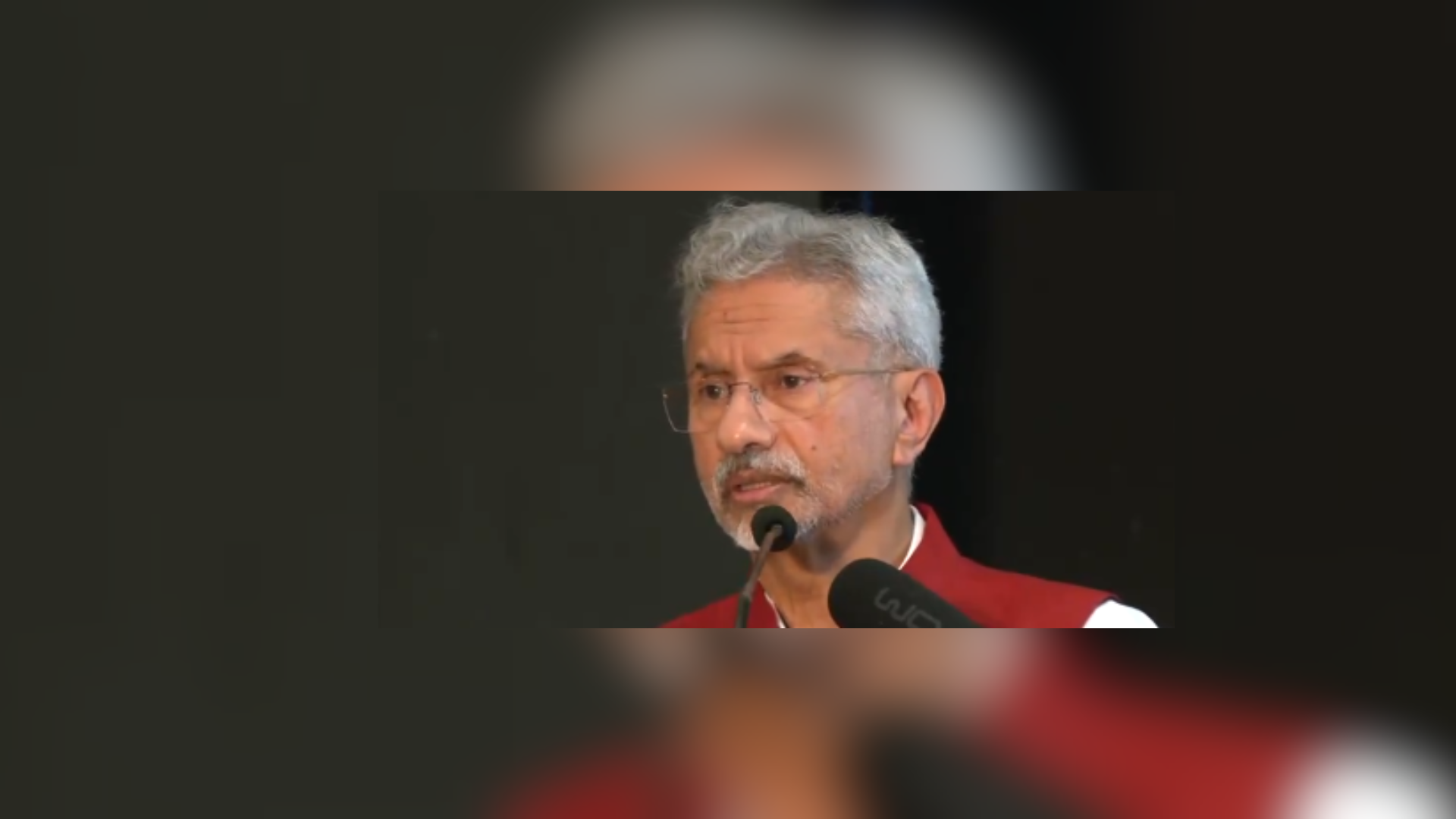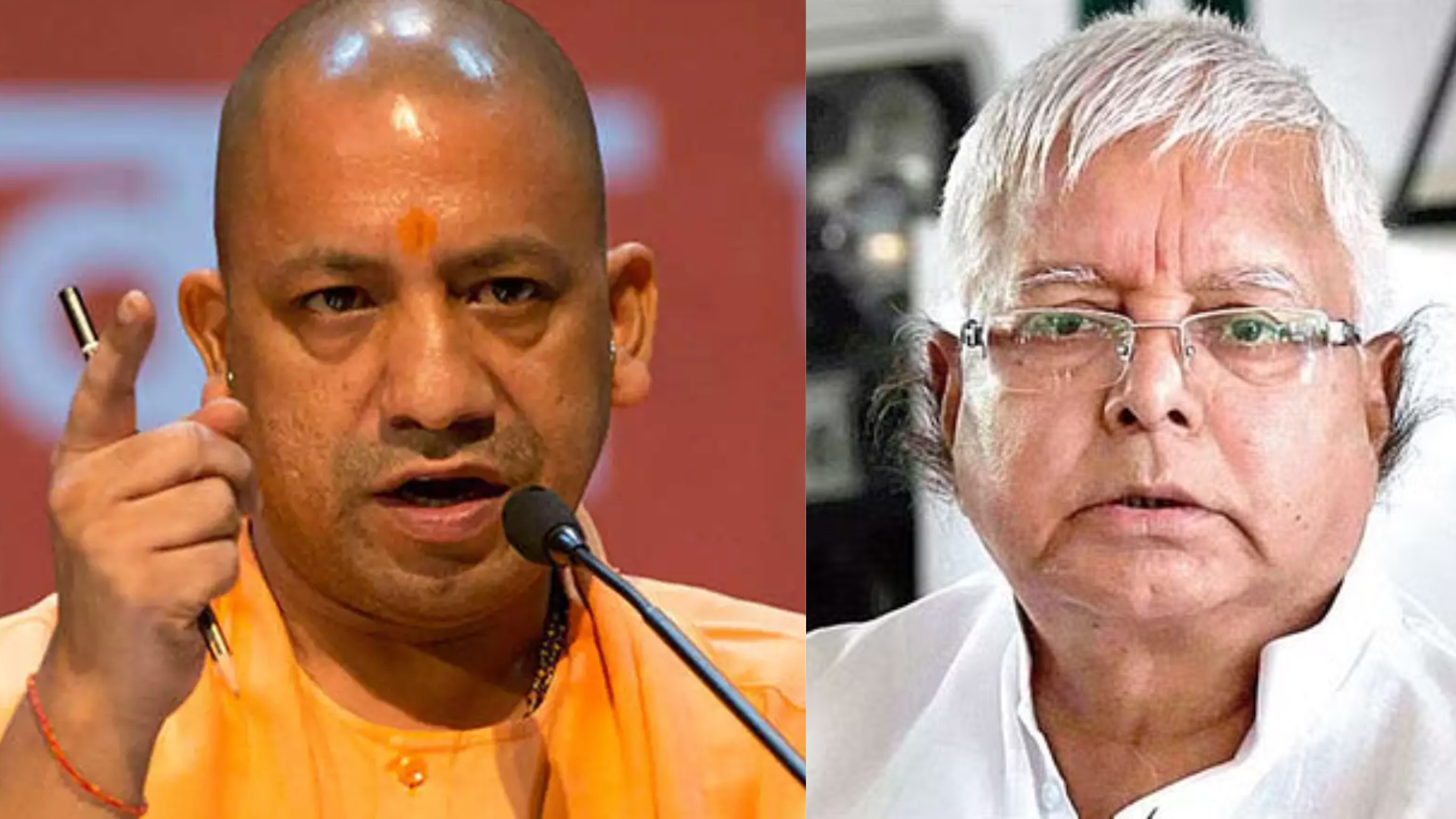





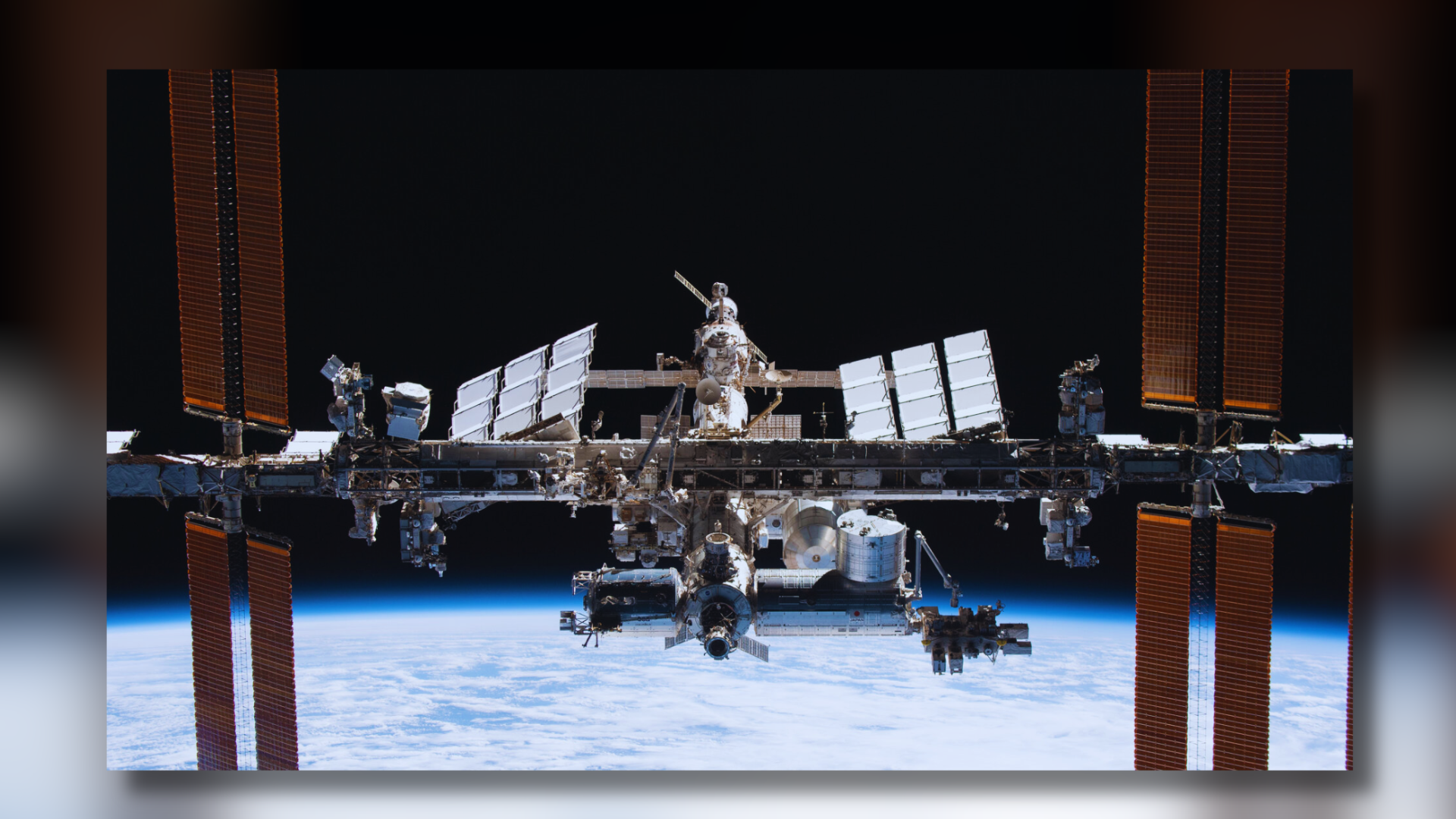
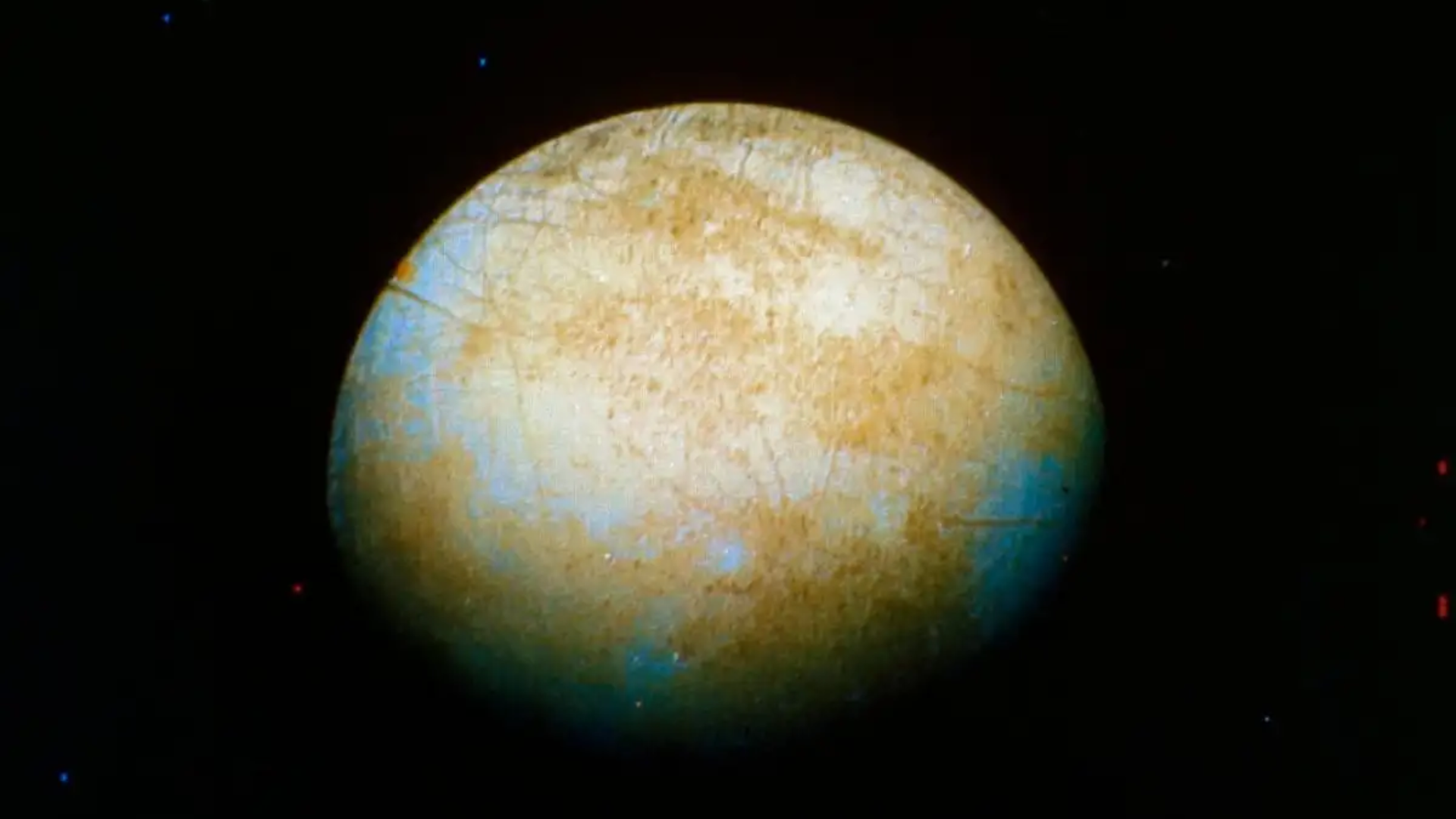

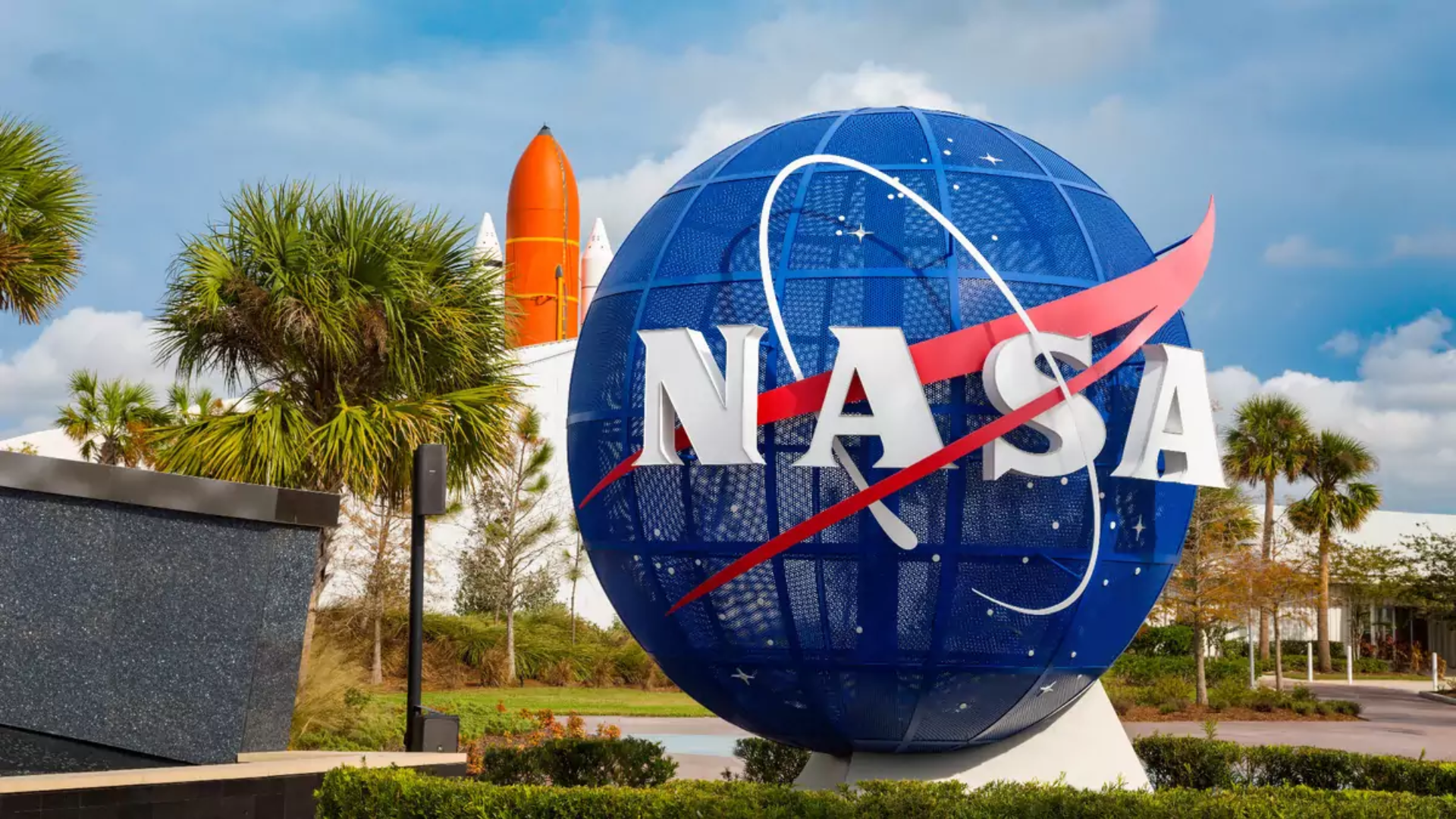
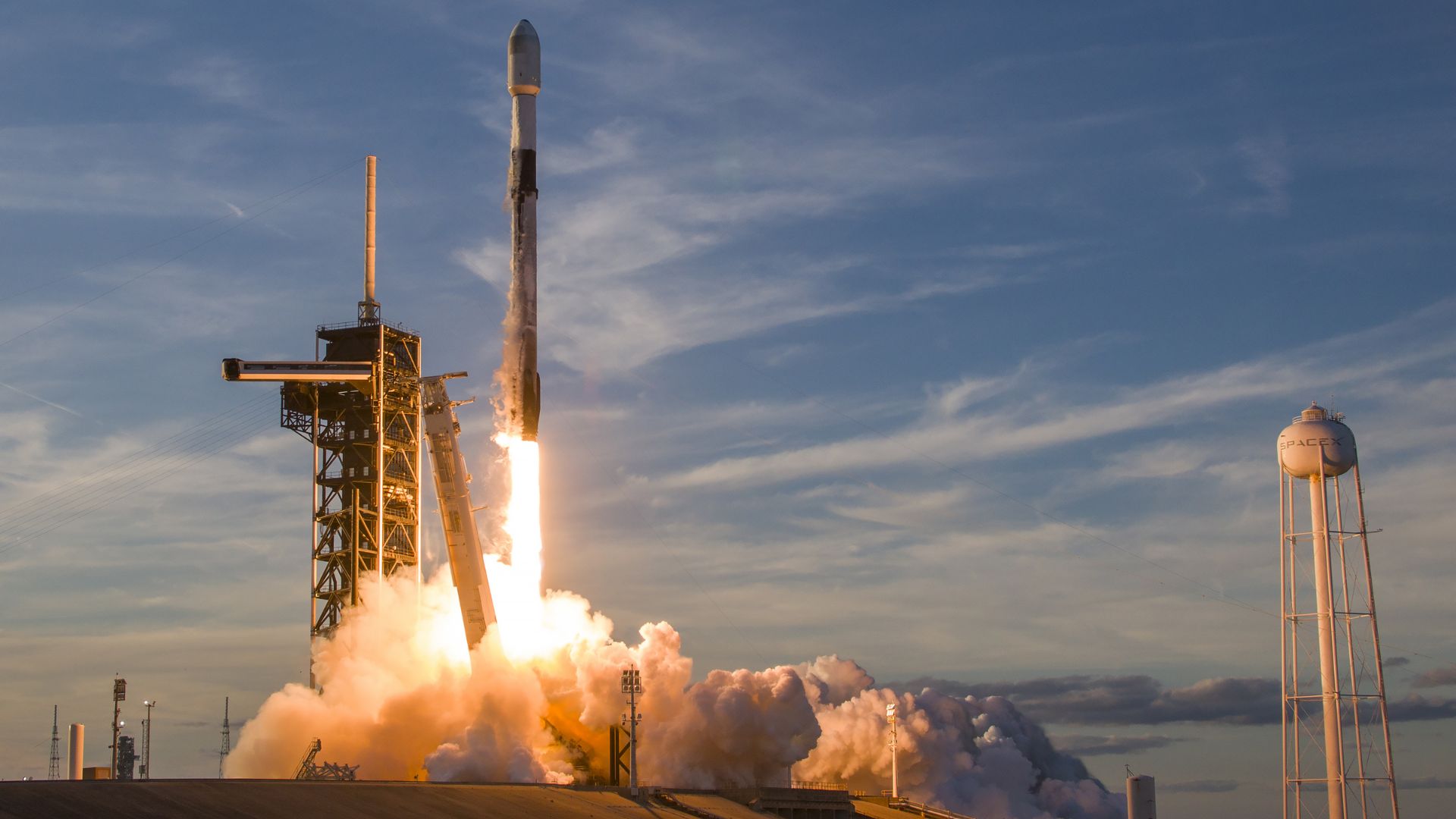
In a significant stride for India’s private space industry, SpaceX has successfully launched an Earth-imaging satellite assembled and tested by a Tata Group firm. Named ‘TSAT-1A’, the satellite was carried aboard SpaceX’s Falcon 9 rocket as part of the Bandwagon-1 mission, taking off from Launch Complex 39A at Kennedy Space Center, Florida, United States, at 23:16 UTC on April 7.
The TSAT-1A satellite is the result of a collaboration between India’s Tata Advanced System Limited (TASL) and the international firm Satellogic. Assembled at the Tata group’s Assembly, Integration, and Testing (AIT) facility in Vemagal, Karnataka, TSAT-1A marks a significant milestone in India’s efforts to expand its presence in the global space arena.
With a sub-metre resolution capability, TSAT-1A is capable of producing high-resolution images that can discern objects less than one metre apart. This advanced imaging capability holds immense significance for defence and strategic applications, allowing for precise analysis and maximum information extraction from captured imagery.
Sukaran Singh, CEO and MD of TASL, expressed gratitude for the support received from various Indian government authorities in facilitating this milestone. He emphasized that this achievement underscores TASL’s commitment to the space sector and serves as a crucial first step in leveraging India’s potential in the space domain.
The launch of TSAT-1A comes against the backdrop of significant reforms introduced by the Indian government in 2020, which opened up the space sector to private participation. These reforms enable private firms to engage in end-to-end space activities, including the design, construction, and launch of satellites and rockets, as well as the provision of space-based services.
Previously, only the Indian government-run space agency, ISRO, was authorized to undertake comprehensive space missions, while private entities were restricted to supplying hardware and services to ISRO. The recent reforms aim to foster indigenous capabilities, promote startups, and attract foreign investment to bolster India’s position in the global space economy.
Furthermore, the government’s decision to allow Foreign Direct Investment in the space sector reflects its commitment to encouraging collaboration and innovation in the industry. This move is expected to stimulate growth, drive technological advancements, and enhance India’s competitiveness in the rapidly evolving space market.
The successful launch of TSAT-1A underscores the growing capabilities of India’s private space sector and its potential to contribute significantly to the country’s space endeavours. As private firms continue to play a more prominent role in space exploration and technology development, India is poised to emerge as a key player in the global space arena.

